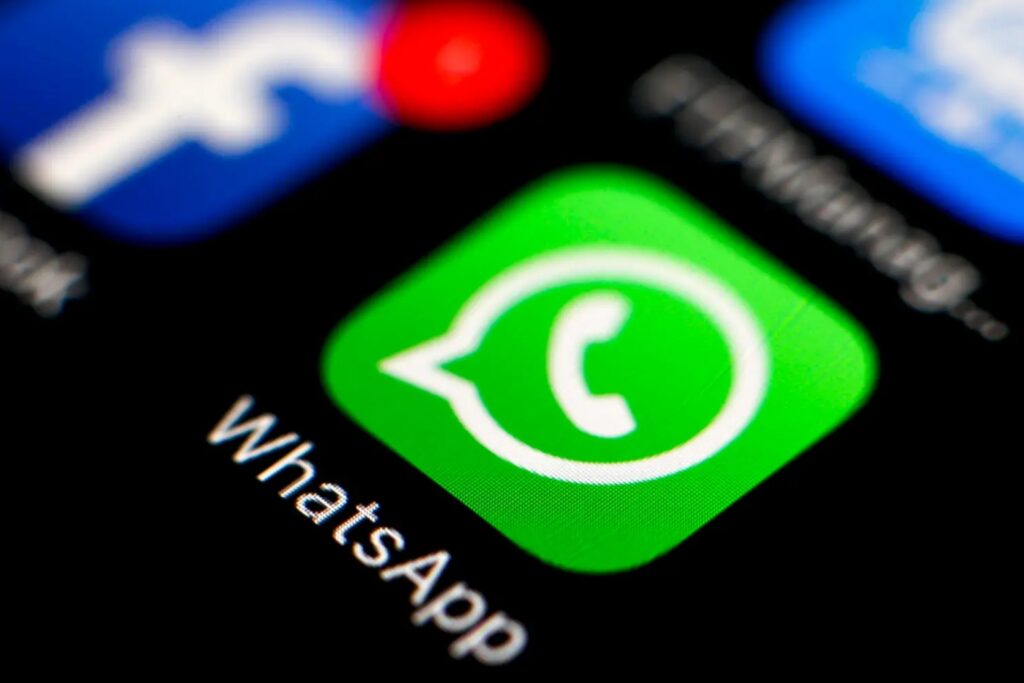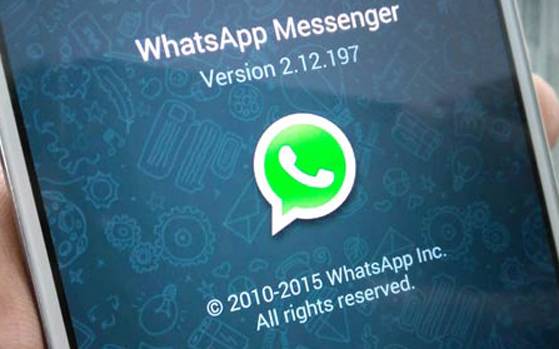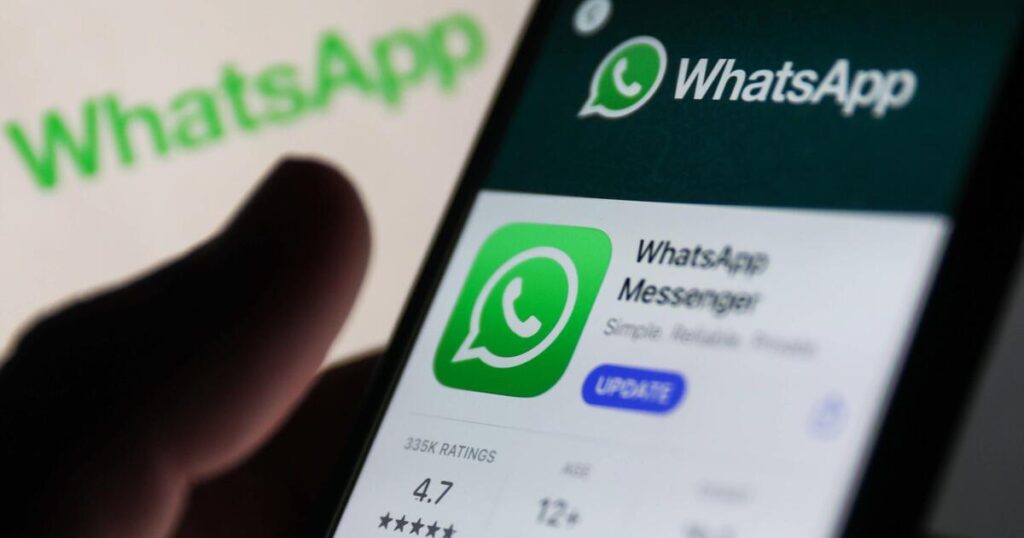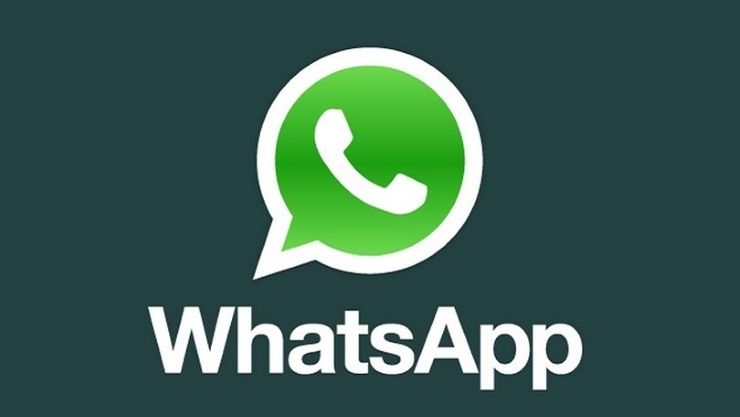WhatsApp Ends Support for Old Phones in 2024: What You Need to Know

Introduction:
In a move that has sent ripples across the mobile communication landscape, WhatsApp recently announced its decision to discontinue support for a considerable number of older Android and iOS smartphones, starting February 2024. This development marks a significant shift, impacting millions of users who will lose access to WhatsApp features, including the ability to send and receive messages. While this decision is aimed at pushing the platform towards greater innovation, improved security, and enhanced performance, it poses challenges for individuals still reliant on their aging devices. In this comprehensive exploration, we delve into the key factors driving WhatsApp’s decision, the list of affected smartphones, and the implications for users caught in the midst of technological evolution.
Understanding WhatsApp’s Decision:
Enabling New Features:
WhatsApp’s commitment to providing cutting-edge features is at the heart of this decision. The implementation of features like disappearing messages, Communities, and large file sharing demands the capabilities found only in the latest Android and iOS versions. Continuing support for outdated devices could hinder the seamless integration of these advanced functionalities, leading to a fragmented user experience.
Security Concerns:
With cybersecurity threats evolving constantly, WhatsApp prioritizes user safety by ensuring the latest encryption and security protocols are in place. Older devices lacking these updates pose potential risks to the entire user base. By discontinuing support for such devices, WhatsApp aims to maintain the highest standards of security across its vast user network.
Performance Optimization:
Aiming to provide users with a smooth and reliable experience, WhatsApp’s decision to cut ties with older devices helps eliminate lag and performance issues. Laggy devices can compromise the overall app experience, and by focusing on supporting the latest OS versions, WhatsApp seeks to ensure optimal performance for all users.

Software Simplification:
Managing a diverse range of devices spanning over a decade introduces significant software complexity. By streamlining its support for the latest OS versions, WhatsApp simplifies its development process, reducing the likelihood of bugs and security vulnerabilities. This strategic move allows the platform to maintain a cohesive and secure user experience.
Phones Losing WhatsApp Support – The Human Impact:
The list of smartphones losing WhatsApp support includes several popular models, many of which have been loyal companions for users for an extended period. Among them are the LG Optimus series, Huawei Ascend, Sony Xperia M, ZTE Grand S Flex, Samsung Galaxy Ace 2, and various other models from Archos, Assistant, Cherry Mobile, and Wiko. On the Apple front, the iPhone 6S, iPhone 6S Plus, and the 1st Gen iPhone SE are also bidding farewell to WhatsApp.
For affected users, this marks more than just a technological shift. It’s a parting with devices that may have been integral to their daily lives, capturing memories, facilitating communication, and serving as reliable companions. The emotional attachment to these devices adds a human dimension to the technological transition initiated by WhatsApp.
List of Smartphones Losing WhatsApp Support:
Android Phones:
- LG Optimus F3, F3Q, F5, F6, F7, L2 II, L3 II, L3 II Dual, L4 II, L5 II, L7 II
- Huawei Ascend D2, G740, Mate
- Sony Xperia M
- ZTE Grand S Flex, V956, UMi X2
- Samsung Galaxy Ace 2, Core, S3 Mini, Trend II, Trend Lite
Various Archos, Assistant, Cherry Mobile, Wiko Models
iPhones:
- iPhone 6S
- iPhone 6S Plus
- iPhone SE (1st Gen)
Additionally, any Android phone without at least Android 5.0 (Lollipop) or any iPhone earlier than the 7 would also be affected by the WhatsApp service discontinuation. Keep in mind that this list might be subject to last-minute changes or updates by WhatsApp.

Challenges for Users and Potential Solutions:
The discontinuation of WhatsApp support for these older devices presents users with a set of challenges:
Upgrade Their Phone:
The most apparent solution is to upgrade to a new device capable of supporting the latest OS versions. However, this option may be financially impractical for some users, particularly those on tight budgets.
Use WhatsApp Web:
While not a permanent replacement, utilizing WhatsApp Web offers temporary access to messages and accounts. This solution requires syncing with a supported mobile device whenever logging in.
Switch to Other Messaging Apps:
Migrating conversations and contacts to messaging apps that still support older OS versions, such as Telegram, Signal, or traditional SMS, is a viable option. However, the challenge lies in the network effects, as migrating from WhatsApp-centric circles can be tricky.
Use Unsupported Modified Versions:
Some users may resort to using “modded” APKs that bypass OS limits, but this approach comes with risks. It violates WhatsApp’s terms of service, lacks official support, and raises security concerns, especially for devices with outdated Android versions susceptible to malware.
Balancing Tradeoffs and Considerations:
While WhatsApp’s decision is driven by the desire to enhance the overall user experience, it inevitably involves tradeoffs. Balancing the need for innovation, security, and performance with the potential exclusion of certain user groups requires careful consideration.
The Impact on Users:
For users suddenly cut off from friends and family through WhatsApp, this transition poses an unexpected test of priorities and access. The emotional and social impact cannot be underestimated, as these users navigate a world where their chosen mode of communication is no longer accessible.

Societal Considerations:
The decision to discontinue support for older devices raises broader societal questions about inclusivity and access to technology. For individuals on tight budgets or those averse to planned hardware obsolescence, this move by WhatsApp raises concerns about potential disenfranchisement from essential communication platforms.
Creative Solutions and Empathy:
As we witness the evolution of communication platforms, there’s a call for creative solutions and empathy. Recycling programs could help offset costs for economically challenged owners to upgrade. Governments and advocacy groups may explore subsidized technology budgets to assist vulnerable constituents in navigating unavoidable upgrades.
Conclusion:
WhatsApp’s decision to end support for old phones in 2024 is a reflection of the dynamic nature of technology. While the move is grounded in pragmatism, it also prompts a deeper exploration of social responsibilities in the tech industry. The transition demands empathy on both sides, recognizing the emotional ties users have with their devices while acknowledging the necessity for progress.
As we navigate these changes, it becomes imperative for companies like WhatsApp, along with policymakers, to explore accommodations that uphold more than just the bottom line. Connectivity remains a universal right, and decisions impacting millions of users should be approached with a holistic understanding of the diverse and interconnected world we live in. Ultimately, the improvements introduced by WhatsApp should not come at the cost of leaving certain user groups behind, emphasizing the need for inclusive and thoughtful decision-making in the realm of technology.
Also Read:
- iPhone 15 Plus vs. iPhone 14 Plus: Upgrading Insights
- Samsung Galaxy Z Flip 6: Enhanced Battery, Camera, and Display Upgrades
- Exclusive: Ubisoft Games Leaked – Unveiling Titles and Release Dates
- HP Spectre X360 Review: Unleashing Top-notch Features
- Samsung Galaxy Book 3 Ultra 2024: Power and Elegance Unleashed Review
- Top 30 Countries for Quality Living in 2024
- Instagram Follower Boost: 18 Proven SEO Tips for Rapid Growth


